
Man Who Visited Every Country Without Flying Names the Worst Spot
Thor Pedersen, a Danish adventurer, embarked on an extraordinary journey to visit every country in the world without flying. Starting in 2013, he aimed to complete this feat in four years, but unforeseen challenges extended his voyage to nearly a decade. Throughout his travels, Pedersen relied on ground and sea transportation, navigating through diverse terrains and cultures. His mission, dubbed “Once Upon a Saga,” was not just about setting records but also about experiencing the world in a unique and sustainable way. Pedersen’s journey was marked by resilience, adaptability, and a deep appreciation for human connections. His story serves as an inspiration for those seeking to explore the world beyond conventional means.
Navigating the World Without Wings
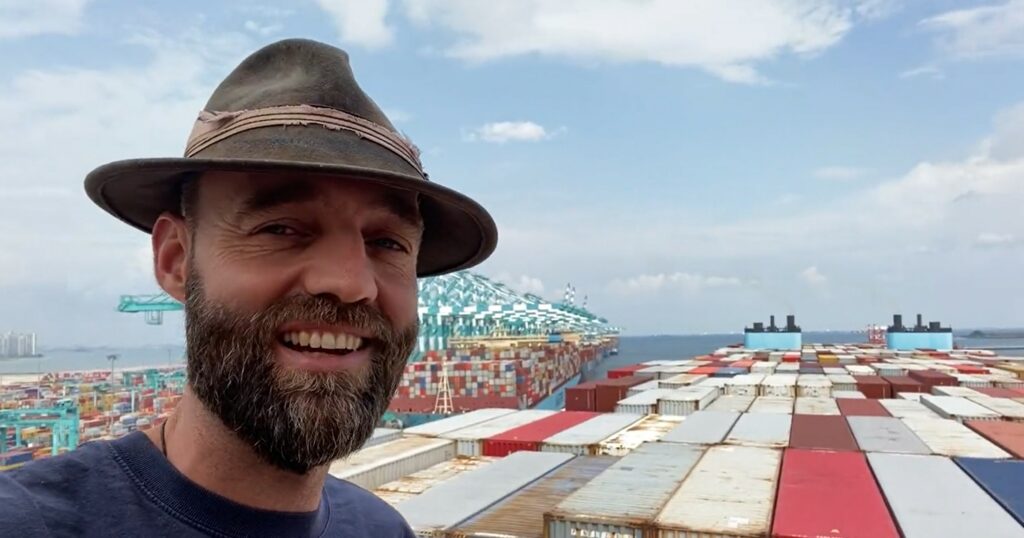
Pedersen’s commitment to avoiding air travel meant embracing alternative modes of transportation, including cargo ships, buses, trains, and even hitchhiking. This approach allowed him to immerse himself in local cultures and witness the gradual transitions between regions. Traveling without flying presented logistical challenges, such as securing visas and coordinating with shipping schedules, but it also offered unparalleled experiences. Pedersen’s journey emphasized the value of slow travel and the richness of overland exploration. His encounters with diverse communities highlighted the universal kindness and hospitality that transcend borders. Through his adventures, Pedersen demonstrated that the journey itself can be as rewarding as the destination.
Budgeting for a Global Expedition
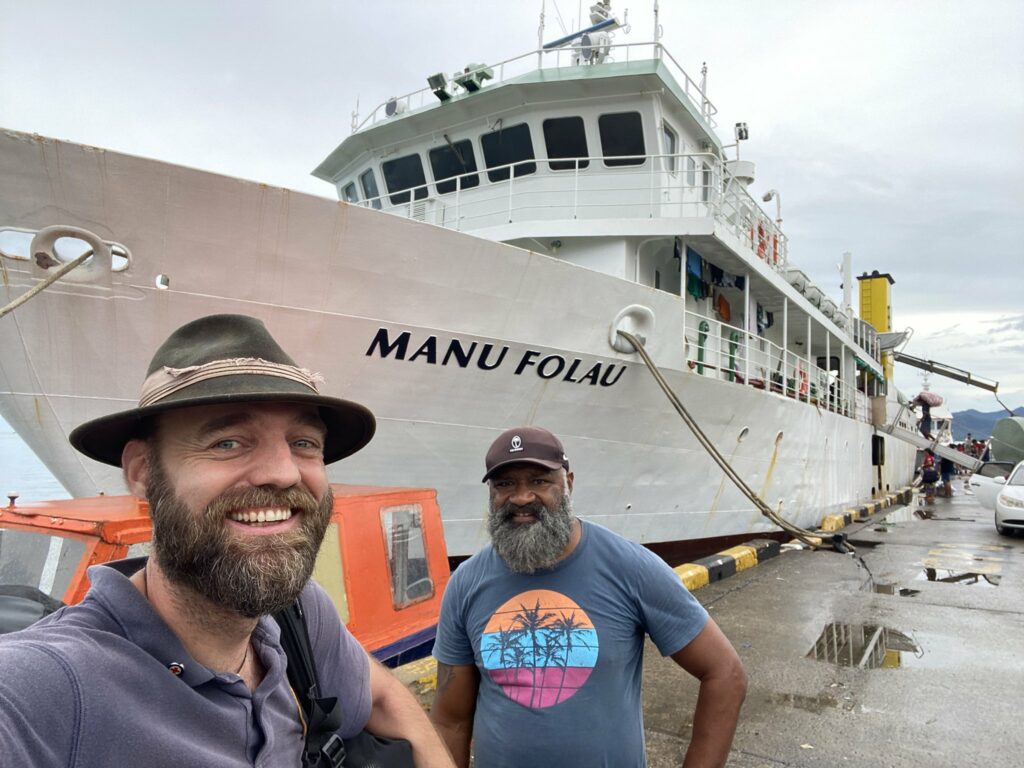
Undertaking a decade-long journey without flying required meticulous financial planning. Pedersen managed his expenses by adhering to a modest daily budget, often around $20, and leveraging partnerships with organizations like the Danish Red Cross. He utilized platforms like Couchsurfing and relied on the generosity of strangers for accommodation and meals. His frugal approach underscored the feasibility of long-term travel without substantial financial resources. Pedersen’s experiences challenge the notion that extensive travel is reserved for the wealthy, proving that determination and resourcefulness can open the world to anyone. His story encourages aspiring travelers to pursue their dreams, regardless of budget constraints.
The Unexpected Low Point: Tuvalu
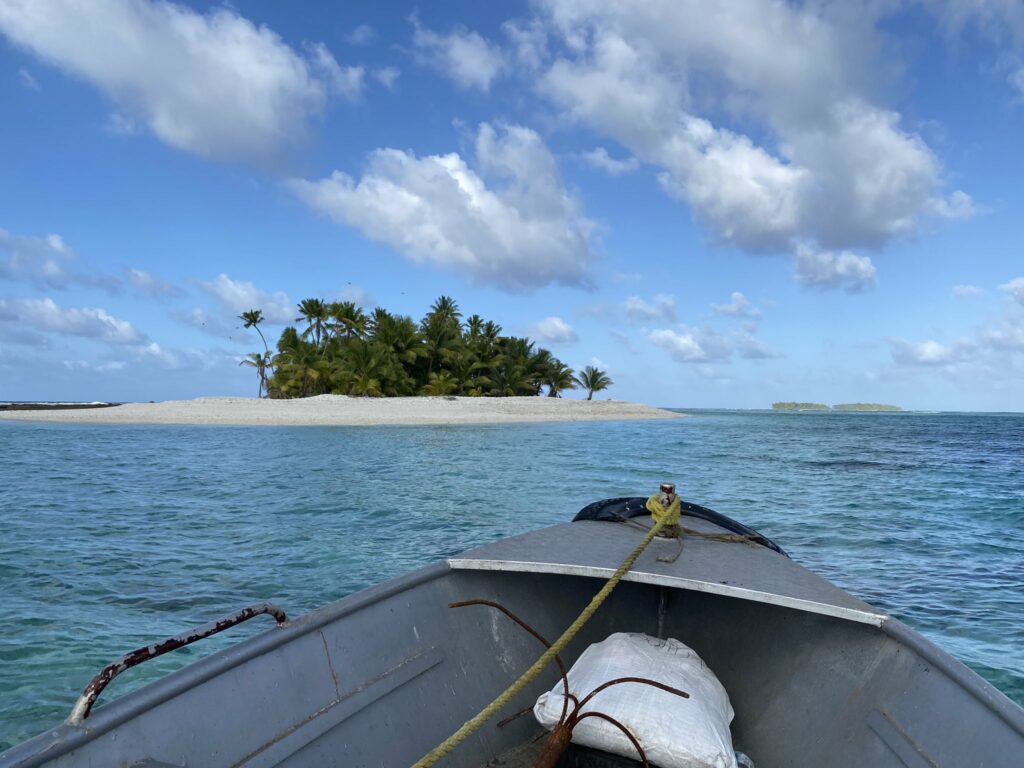
Among the 203 countries Pedersen visited, one stood out as particularly challenging: Tuvalu. Despite its picturesque landscapes and welcoming residents, Pedersen found the nation’s reliance on foreign aid and its precarious future concerning. He questioned the sustainability of continued investments in a country facing existential threats from climate change. Pedersen’s experience in Tuvalu prompted him to reflect on the broader implications of supporting nations with uncertain futures. His observations sparked discussions about the efficacy of international aid and the importance of long-term planning. While his critique was not directed at the people of Tuvalu, it highlighted the complexities of global support systems.
Tuvalu’s Environmental Challenges
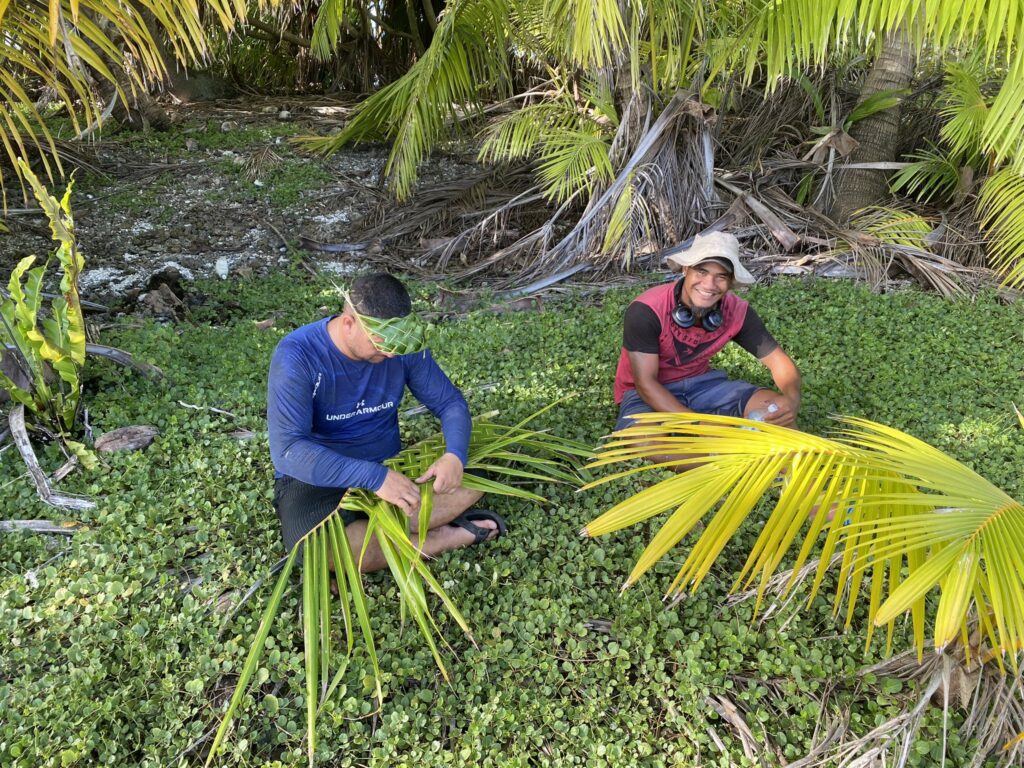
Tuvalu, a small island nation in the South Pacific, is among the countries most vulnerable to climate change. Rising sea levels threaten to submerge its low-lying atolls within the next century. The United Nations has identified Tuvalu as extremely susceptible to the adverse effects of global warming. The nation’s predicament underscores the urgent need for comprehensive climate action and sustainable development strategies. Tuvalu’s situation serves as a stark reminder of the tangible impacts of environmental neglect. Addressing these challenges requires global collaboration and a commitment to preserving vulnerable communities.
Rethinking International Aid
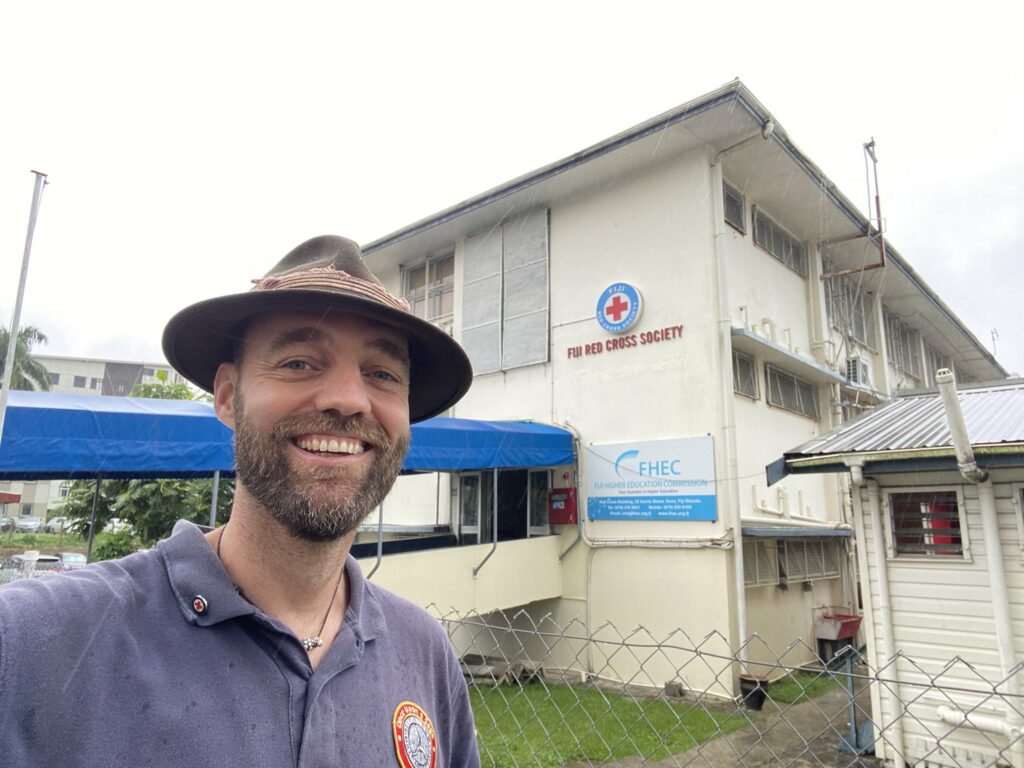
Pedersen’s critique of Tuvalu centers on the allocation of international aid to nations facing inevitable environmental decline. He advocates for proactive measures, such as facilitating the relocation of residents and investing in sustainable infrastructure elsewhere. This perspective encourages a reevaluation of how aid is distributed and utilized. By focusing on long-term solutions, the international community can better support populations at risk. Pedersen’s insights contribute to ongoing debates about the most effective ways to assist countries confronting existential threats. His experiences highlight the importance of aligning aid with realistic and forward-thinking strategies.
The Broader Implications
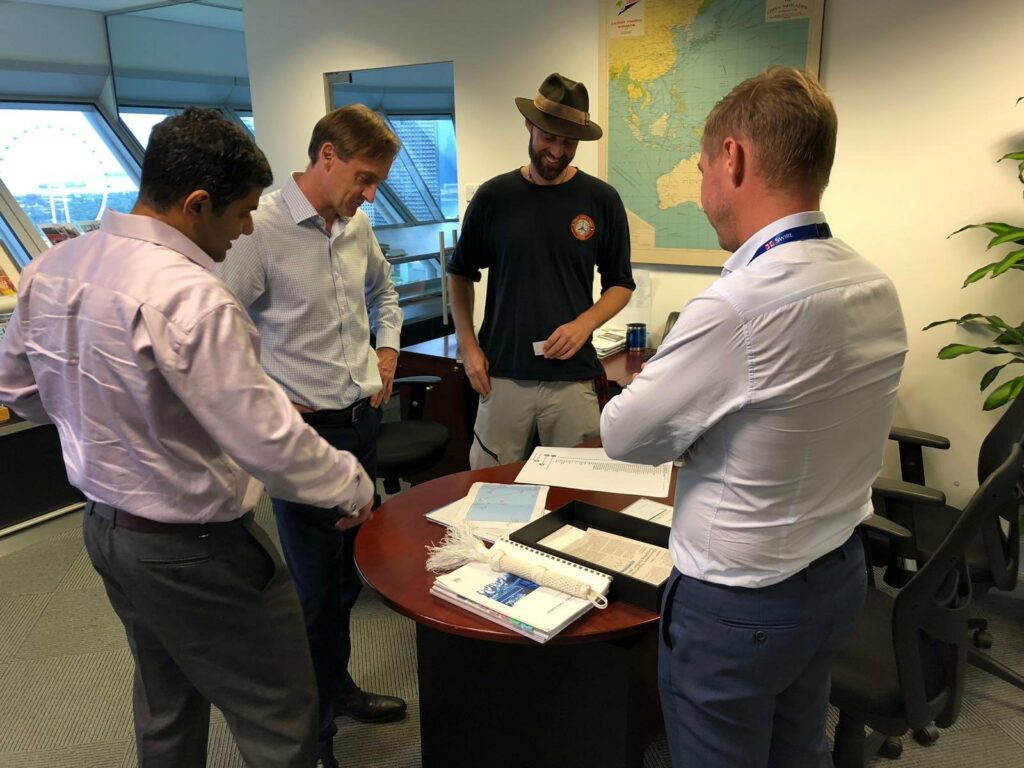
Pedersen’s journey offers valuable lessons about resilience, adaptability, and the complexities of global interdependence. His experiences in Tuvalu and other nations underscore the importance of sustainable development and proactive planning. By sharing his observations, Pedersen invites a broader conversation about the responsibilities of the international community. His story serves as a catalyst for discussions on environmental policy, aid distribution, and the future of vulnerable nations. Through his travels, Pedersen has illuminated the interconnectedness of global challenges and the need for collective action. His insights continue to inspire and inform efforts toward a more sustainable and equitable world.
What Pedersen Hopes People Take Away
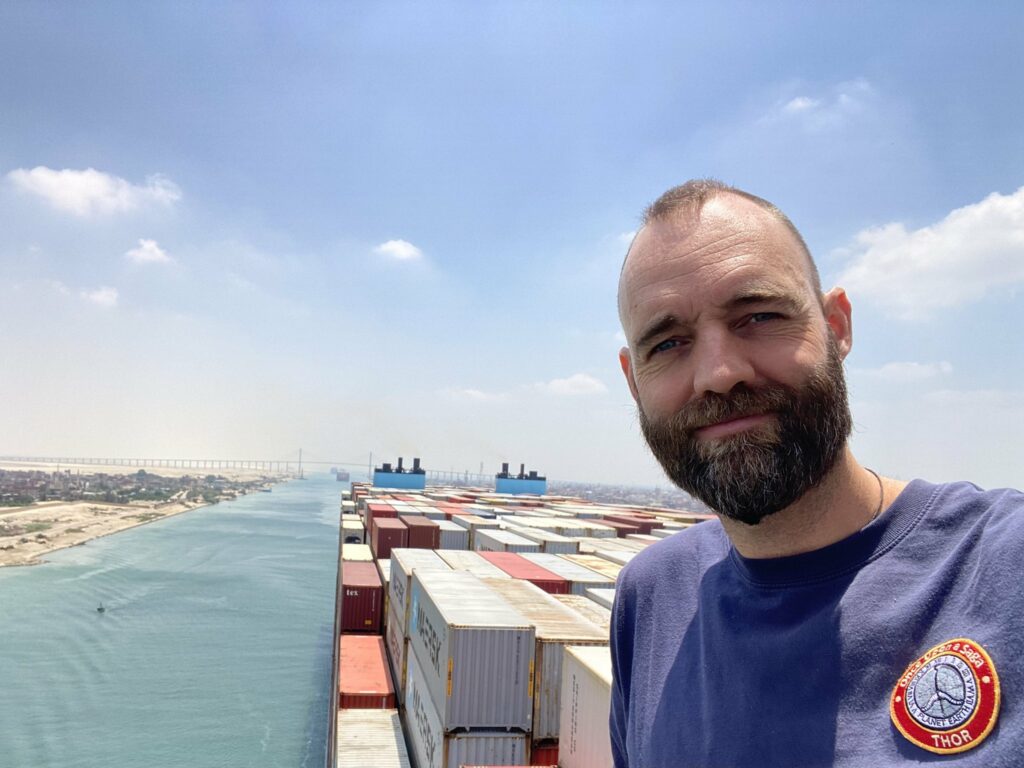
Thor Pedersen didn’t just set out to visit every country for bragging rights. He hoped his journey would spark deeper conversations. One of his biggest goals was to encourage curiosity about the world and its people. He wants others to understand that travel can build empathy and awareness. Pedersen also believes more thoughtful travel can change how we treat the planet. By sharing his experience, especially about the worst country he visited, he invites people to think beyond postcards and beaches. For him, the journey was always about connection, reflection, and growth.
Reflecting on a Remarkable Journey
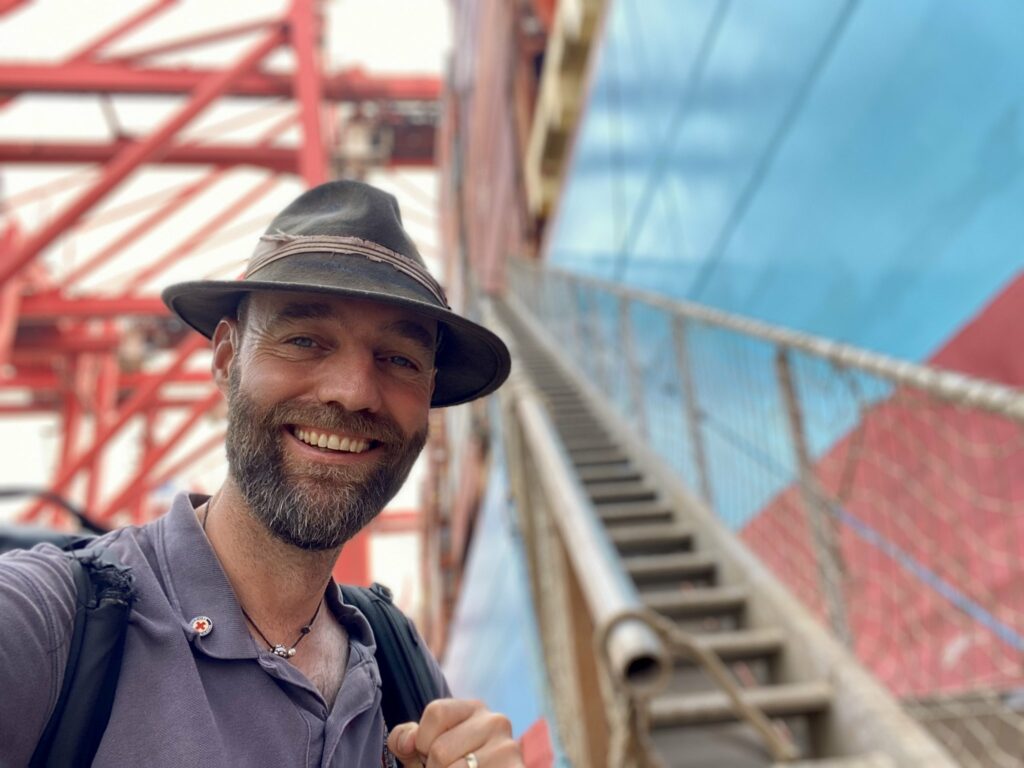
Thor Pedersen’s decade-long expedition stands as a testament to human determination and the spirit of exploration. His commitment to traveling without flying offered unique perspectives on the world’s diverse cultures and landscapes. While his critique of Tuvalu sparked debate, it also highlighted critical issues facing many nations today. Pedersen’s experiences encourage a reevaluation of how we approach travel, aid, and environmental stewardship. His journey reminds us of the profound connections that bind humanity and the shared responsibility to address global challenges. As we reflect on his story, we are inspired to consider our roles in shaping a more sustainable future.
News in the same category


Dreaming of a deceased person: here's what it means

The Common Bra Mistake

What Your Sleeping Position as a Couple Might Reveal

Envy Rarely Looks Like Hate

Why Slugs Keep Showing Up in Your Home

Almost Everyone Experiences This After Turning 70, Like It or Not

Did you know that if a white and yellow cat approaches you, it's because…

A baby is born in the United States from an embryo frozen more than 30 years ago.

12 nasty habits in old age that everyone notices, but no one dares to tell you

Why do couples sleep separately after age 50?

Scientists create a universal kidney: it is compatible with all blood types

When a person keeps coming back to your mind: possible emotional and psychological reasons

A promising retinal implant could restore sight to blind patients

Scientists develop nanorobots that rebuild teeth without the need for dentists

Grip Strength and Brain Health: More Than Muscle

Bioprinted Windpipe: A Milestone in Regenerative Medicine

Bagworms Inside Your Home

Scientists discover that stem cells from wisdom teeth could help in regenerative medicine

What the Research Shows
News Post

Everything You Need To Know About Nail Pitting

🧠 8 Strange (But Real) Signs Your Body Is Begging for More Vitamin B12 – Don’t Ignore These Red Flags

How To Identify Skin Tags and When To Remove Them

14 Visible Signs of Cancer Most Women Ignore

Reducing Prostate Discomfort Naturally with a Tomato and Garlic Drink

Never Throw Away the Avocado Seed Again — Here’s Why

Guava Leaves Benefits: The Underrated Natural Remedy You Shouldn’t Ignore 🍃💪

Herbal Tea for Swollen Legs: Natural Diuretic & Anti-Inflammatory Recipe, How to Use It, and Precautions

Avocado Seed Benefits: The Overlooked Natural Remedy for Joint and Back Pain

How Garlic and Lemon Can Gently Support Your Eye Comfort and Vision Wellness

Was He Really Jesus?

Pumpkin Seeds

The Overlooked Tree With Powerful Health Benefits

Discover How Incorporating Fresh Parsley into Your Daily Routine Can Support Knee Joint Comfort and Mobility Naturally

Woman reveals 3 overlooked symptoms before her stage 4 cancer diagnosis at 28

The Funeral Secret

My eyelids feel sticky and irritated when I wake up every morning. What causes this?

My feet feel hot and burning when I lie down at night, even though they’re cold to touch. What’s going on?

One Spoon a Day for Stronger Vision – A Simple Daily Habit to Support Eye Comfort
